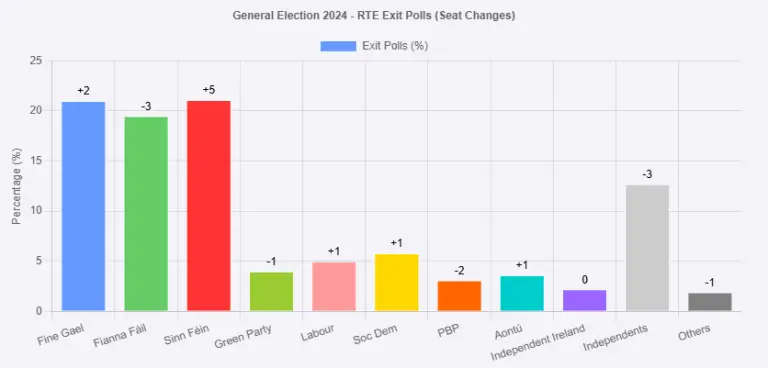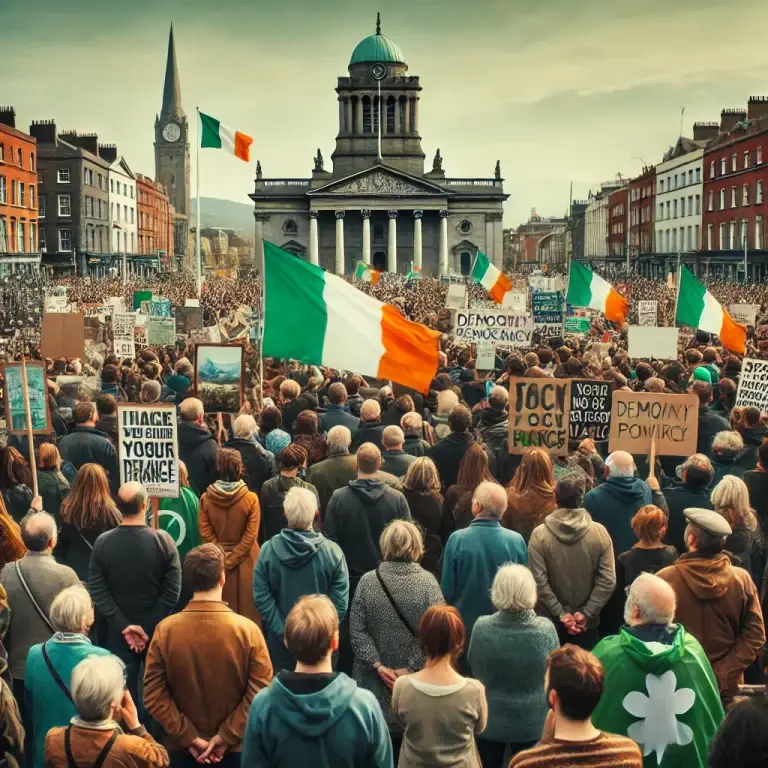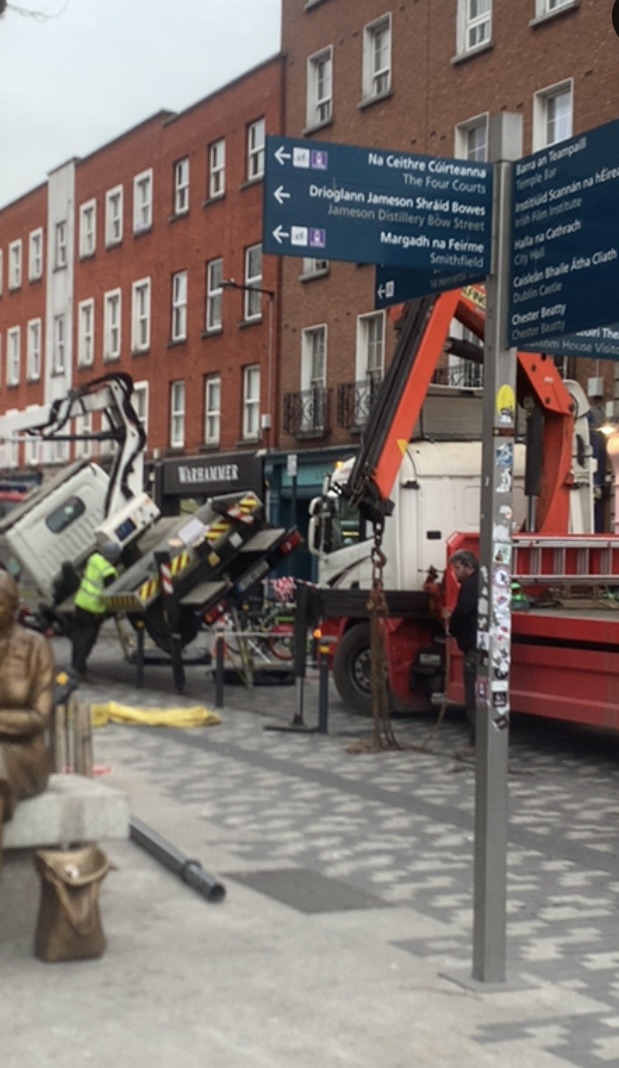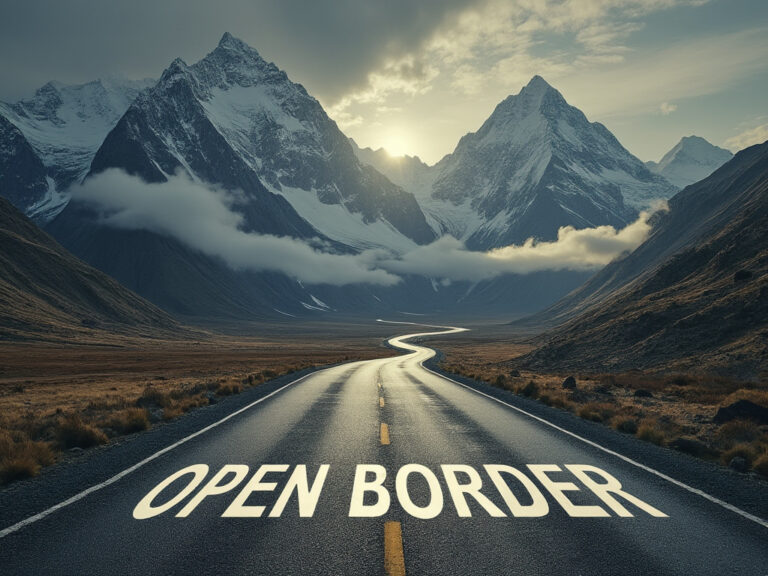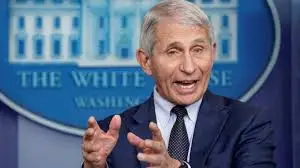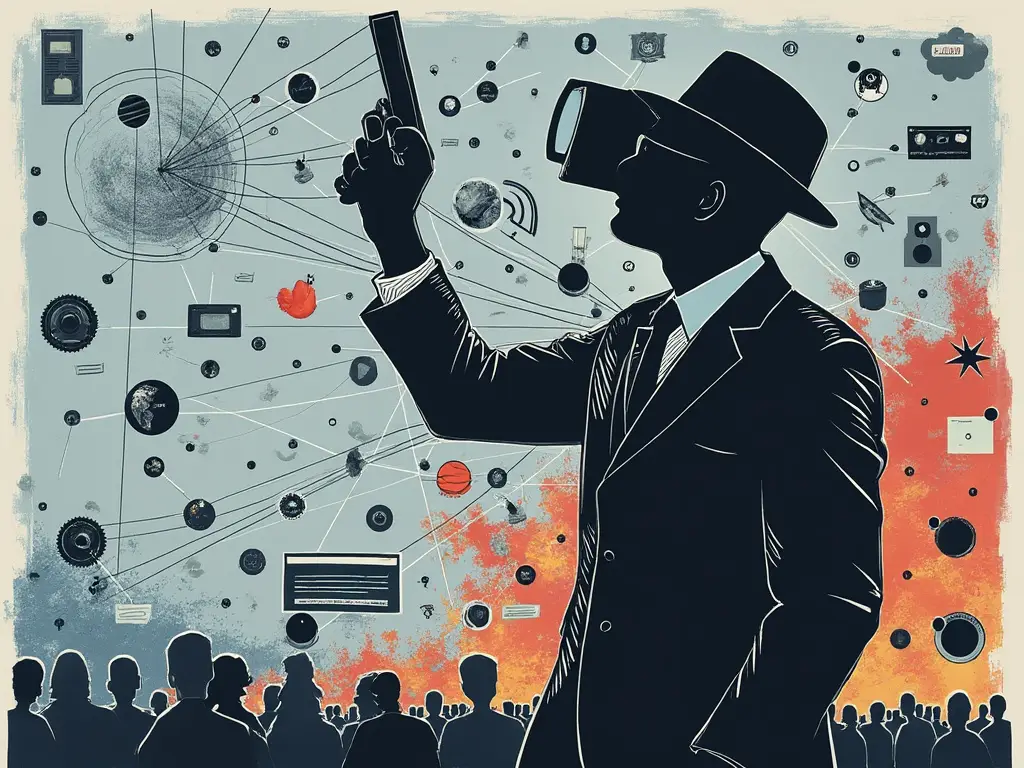
|
Getting your Trinity Audio player ready...
|
As the Irish election results near completion, media bias in Irish election results emerges as a critical issue. Anti-immigration candidates, including Derek Blighe’s Ireland First, struggled to gain traction due to limited and negative media coverage. This imbalance raises concerns about whether the media shapes election narratives to align with a globalist agenda. Historically, biased reporting has played a powerful role in political manipulation, and this election appears no different.
Anti-Immigration Voices Marginalised
The preliminary results show a stark imbalance in media coverage. Anti-immigration parties like Ireland First, which focused on rural constituencies, gained support from voters concerned about immigration-related issues. However, media outlets largely ignored or misrepresented their platforms.
Pro-immigration parties, such as Fine Gael and Fianna Fáil, dominated airwaves. They pushed narratives that favoured open borders while framing their opposition as radical. Consequently, voters received a skewed understanding of policies and platforms, which undermined a fair democratic process.
A Historical Tool for Influence
Media manipulation is far from a recent phenomenon. Throughout history, biased reporting has influenced public perception and suppressed dissenting views:
- Irish Independence: British-controlled newspapers consistently depicted Irish rebels as violent extremists, attempting to justify colonial rule and diminish the push for independence.
- The Cold War: Western media exaggerated the threat of communism, emphasising perceived dangers while omitting the achievements of socialist nations. These narratives served capitalist interests, especially in bolstering anti-socialist sentiment.
- Modern Elections: In the United States, media outlets during the 2016 and 2020 elections favoured specific candidates. Their coverage steered public discourse to influence outcomes, showing how bias continues to play a role in contemporary politics.
Media Bias and Globalist Interests
The case of Ireland’s election highlights how media bias in Irish election results aligns with globalist agendas. Anti-immigration candidates, who advocate for controlled borders and national sovereignty, directly challenge these interests. Media outlets, often tied to international organisations or multinational corporations, benefit from policies that promote open borders and economic integration.
As a result, these candidates not only face a lack of coverage but also contend with misrepresentation. Instead of fostering open debates, media outlets portray anti-immigration policies as extreme, further marginalising these voices.
The Consequences for Democracy
Media bias erodes the foundation of democracy by limiting the diversity of perspectives available to voters. Balanced reporting is essential for informed decision-making. When media outlets favour one narrative, they distort public understanding and undermine the democratic process.
Supporters of anti-immigration parties argue that voters were deprived of fair access to critical issues such as housing shortages and overcrowded public services. A grassroots campaigner explained, “The media sets the narrative, and when it excludes opposing views, it silences the public’s concerns. That’s not democracy; that’s control.”
Lessons from History
History repeatedly demonstrates the dangers of unchecked media influence. During Ireland’s fight for independence, propaganda distorted the narrative to delegitimise the cause. Similarly, Cold War rhetoric manipulated public opinion to serve political and economic agendas.
Today, the media bias in Irish election results mirrors these past tactics. When the media acts as a gatekeeper, it threatens the principles of free speech and fair representation.
A Path Forward
Ireland must take steps to address media bias and restore trust in its democratic processes. Media outlets should commit to providing equal airtime for all candidates. Additionally, voters must demand transparency and accountability from both the media and political institutions.
For democracy to flourish, every voice deserves to be heard. By challenging media bias, Ireland can ensure that future elections reflect the genuine will of the people, not the interests of a select few.
As the founder of TruthWars, Truth brings an unapologetically bold voice to the forefront of today’s critical issues. Committed to exposing hidden truths and questioning popular narratives, Truth combines in-depth research with a sharp eye on media and government actions.
With experience in digital publishing and a dedication to clarity, TruthWars crafts content that both challenges and informs, delivering powerful insights to readers.
Driven by a passion for truth and transparency, Truth is building TruthWars into a trusted platform for independent thought.
Discover more from Truthwars
Subscribe to get the latest posts sent to your email.

